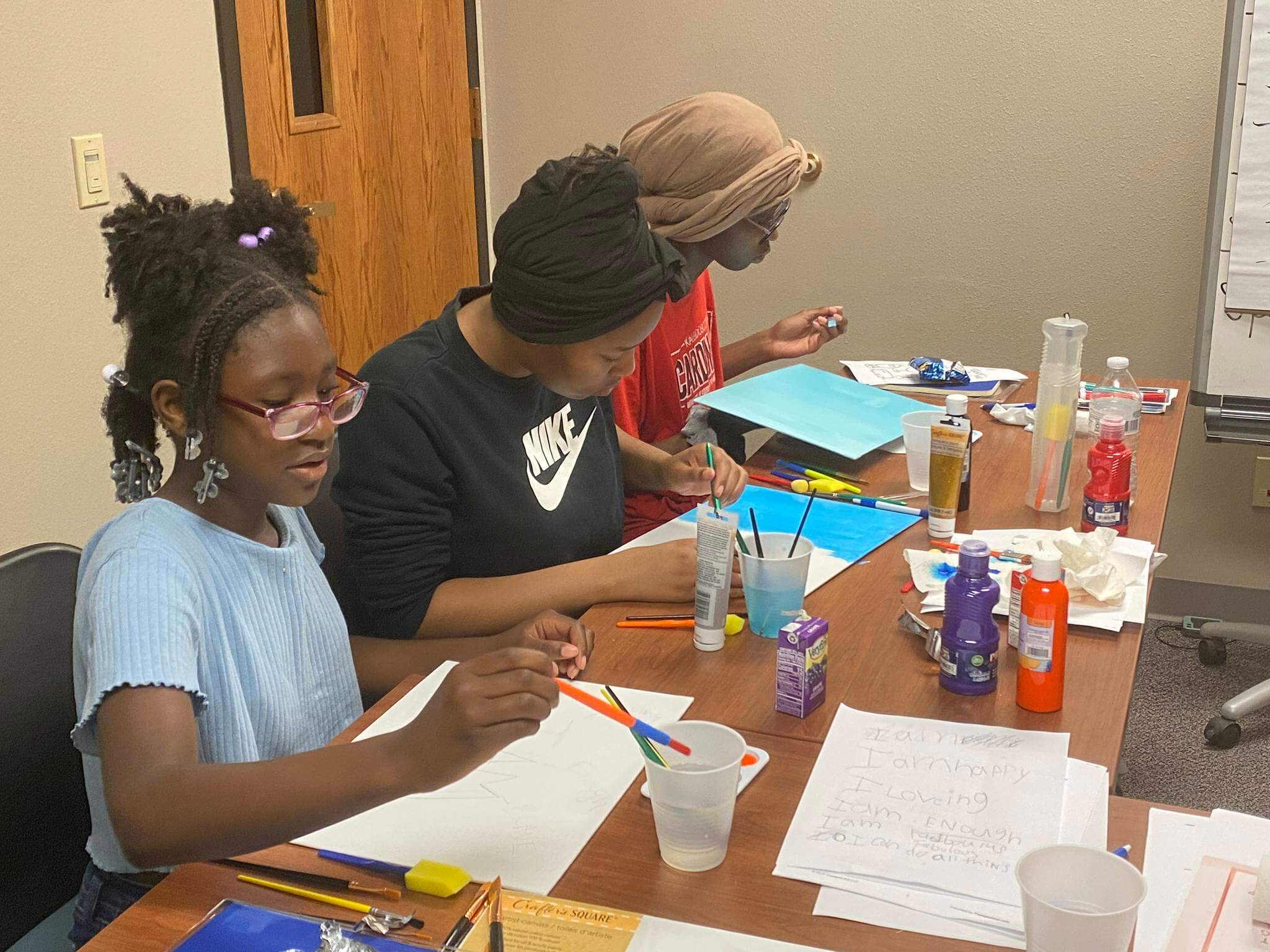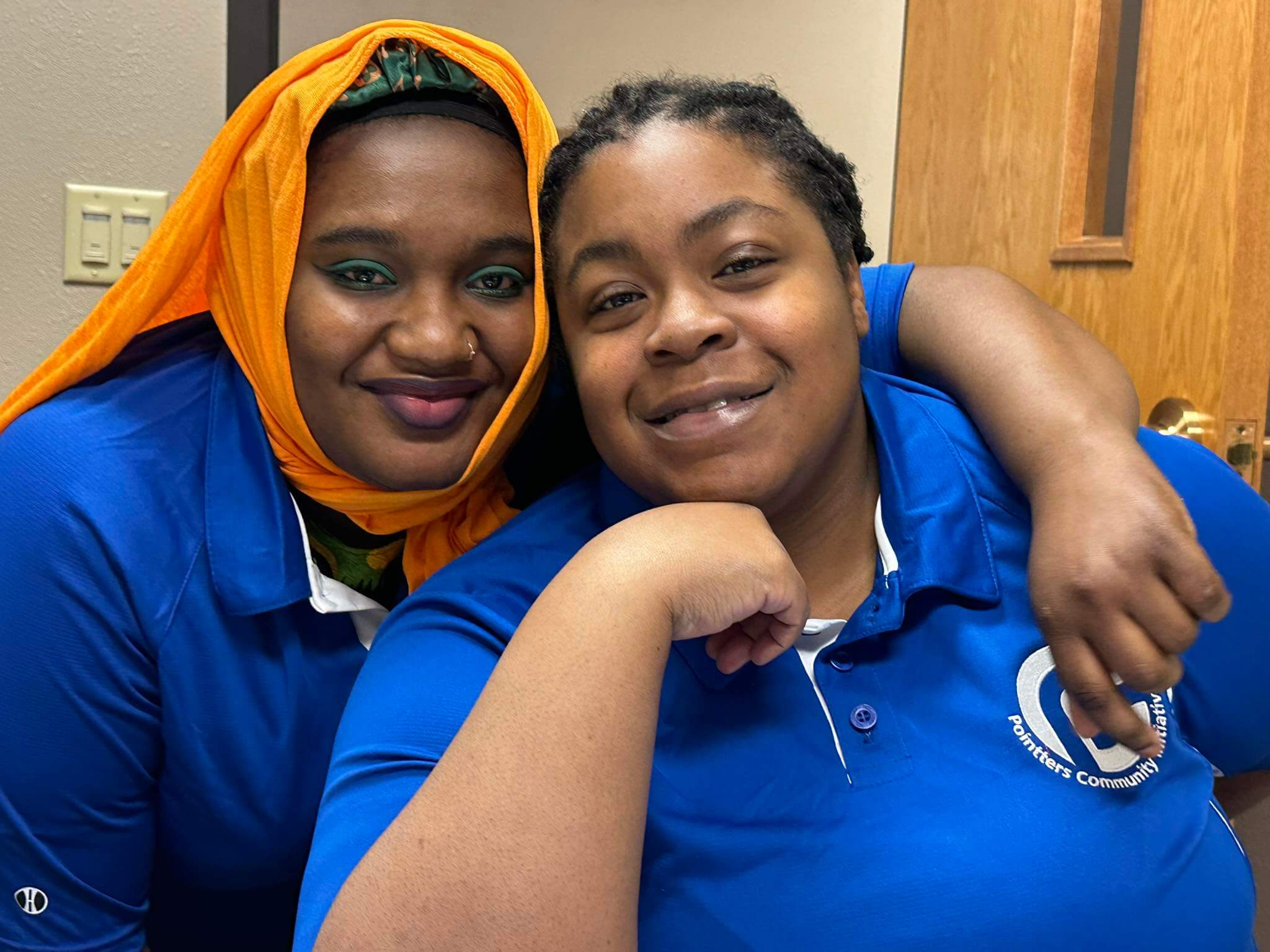Different Types of Mental Health Professionals
Navigating the world of mental health care can be overwhelming, especially when it comes to understanding the roles of various mental health professionals. Each type of professional offers unique skills and expertise to help individuals manage and improve their mental health. This guide provides an overview of the different types of mental health professionals, their qualifications, and the services they offer.
Psychiatrists
Psychiatrists are medical doctors (MD or DO) who specialize in mental health. They are trained to diagnose and treat mental health disorders through a combination of medication, therapy, and other interventions.
Qualifications:
- Medical degree followed by a residency in psychiatry.
- Licensed to practice medicine and prescribe medication.
- Board certification in psychiatry is common but not always required.
Services:
- Medication Management:
Prescribing and monitoring psychiatric medications.
- Therapy:
Some psychiatrists provide psychotherapy, though this is less common.
- Diagnosis:
Conducting comprehensive evaluations to diagnose mental health conditions.
Psychologists
Psychologists typically hold a doctoral degree (PhD or PsyD) in psychology. They specialize in assessing, diagnosing, and treating mental health disorders through various forms of therapy.
Qualifications:
- Doctoral degree in psychology.
- Licensed to practice in their state.
- Training in clinical psychology, counseling psychology, or school psychology.
Services:
- Therapy:
Providing individual, group, or family therapy using various approaches such as cognitive-behavioral therapy (CBT), psychodynamic therapy, and more.
- Assessment:
Conducting psychological testing and assessments.
- Research:
Some psychologists are involved in research to advance the field of mental health.
Clinical Social Workers
Clinical social workers hold a master's degree in social work (MSW) and are trained to provide therapy and support services to individuals facing mental health issues.
Qualifications:
- Master's degree in social work.
- Licensed Clinical Social Worker (LCSW) certification in most states.
- Supervised clinical experience is often required.
Services:
- Therapy:
Providing individual, group, or family therapy.
- Case Management:
Assisting clients in accessing community resources and support services.
- Advocacy:
Advocating for clients' needs and rights in various settings.
Licensed Professional Counselors
Licensed Professional Counselors (LPCs) hold a master's degree in counseling or a related field and are trained to provide therapeutic services to individuals with mental health issues.
Qualifications:
- Master's degree in counseling.
- State licensure, which often includes passing a certification exam and completing supervised clinical hours.
Services:
- Therapy:
Providing individual, group, or family therapy.
- Crisis Intervention:
Offering immediate support during mental health crises.
- Assessment:
Conducting assessments to identify clients' needs and appropriate interventions.
Marriage and Family Therapists
Marriage and Family Therapists (MFTs) hold a master's degree in marriage and family therapy and specialize in treating relationship issues within the context of family systems.
Qualifications:
- Master's degree in marriage and family therapy.
- State licensure, often requiring supervised clinical experience and passing a certification exam.
Services:
- Therapy:
Providing therapy to couples, families, and individuals focusing on relational dynamics.
- Assessment:
Assessing family and relationship issues to guide treatment.
- Education:
Offering psychoeducation to families and couples on communication and relationship skills.
Psychiatric Nurses
Psychiatric nurses are registered nurses (RNs) with specialized training in mental health. Advanced practice psychiatric nurses, such as Nurse Practitioners (NPs), have additional training and certification.
Qualifications:
- Nursing degree (ADN, BSN, or MSN).
- Advanced practice nurses require a master's or doctoral degree in nursing.
- Certification in psychiatric-mental health nursing (PMHNP-BC).
Services:
- Medication Management:
Prescribing and managing psychiatric medications (for advanced practice nurses).
- Therapy:
Providing various forms of therapy
- Patient Care:
Offering holistic care and support to individuals with mental health conditions.
Understanding the different types of mental health professionals is crucial for finding the right support and treatment for mental health issues. Each professional brings unique skills and expertise to the table, and knowing their roles can help individuals make informed decisions about their mental health care. Whether you need medication management, therapy, or holistic support, there is a mental health professional equipped to meet your needs. For more detailed information about each type of professional, including how to find one that suits your needs, explore the provided links to further resources.












